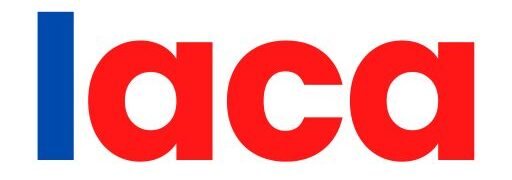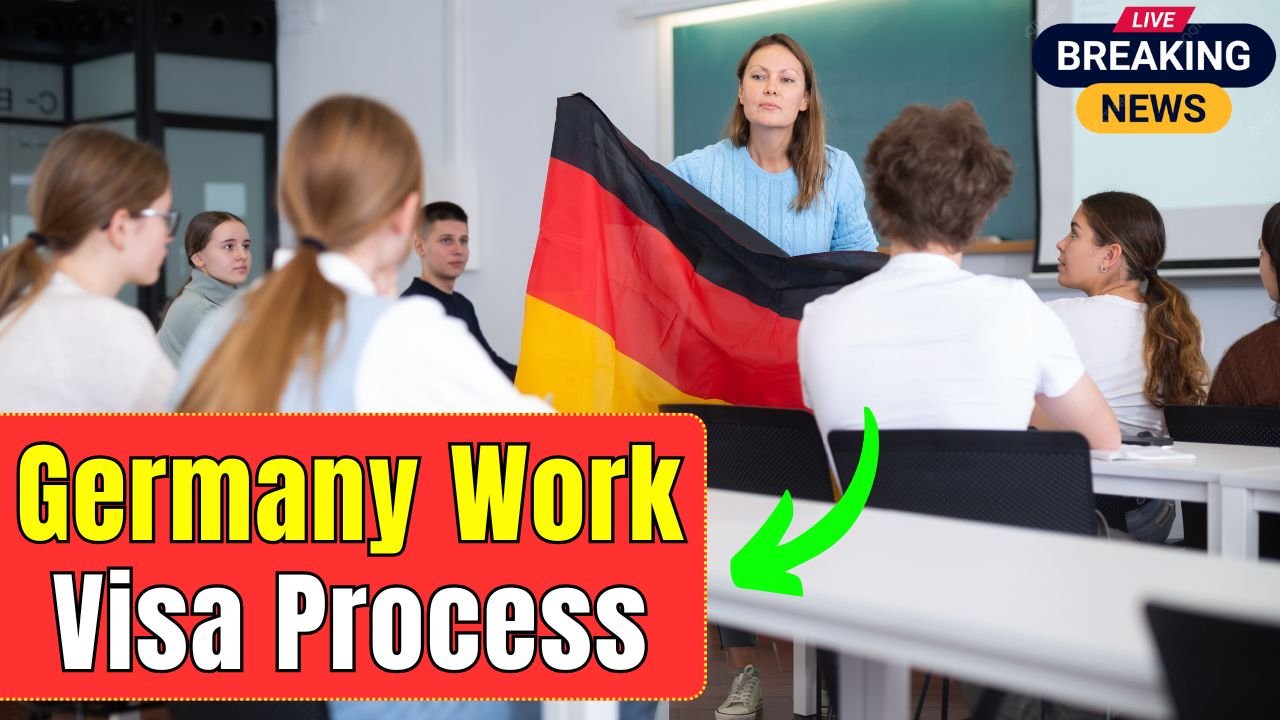Germany has undergone tremendous changes in work visa procedures since March 2025 for attracting qualified foreign professionals. This guide walks any qualified worker, university graduate, or job seeker through the latest step-by-step procedures, eligibility criteria, and critical necessary to facilitate and enhance his or her application process.
Understanding the Work Visa Options of Germany
Germany grants several visa types for professionals seeking to work and live in the country. The EU Blue Card is one of the more popularly known ones, given to university graduates with duly recognized degrees. The applicants gain eligibility if they have already been offered a job with a gross annual salary of at least €58,400.
- However, this figure is lowered to €43,470 for shortage occupations like IT, engineering, and healthcare. The EU Blue Card is usually valid for up to four years, and holders may apply for permanent residency after 33 months or after 21 months with demonstrated competence in German.
- Other routes include the Standard Work Visa, best suited for conventional skilled workers and significant work experience. Although no specific salary threshold applies, applicants must show and justify that their pay meets the industry norms. This visa is mostly awarded for two years with options for extension as long as the applicant is still employed.
- Introduced in March 2025, the Opportunity Card (Chancenkarte) is a new, innovative entry path for skilled professionals seeking to assess the German job market. Under this initiative, applicants can travel to Germany with a one-year opportunity to seek a job without a prior job offer. The applicant will be evaluated through a system based on points, which considers various aspects like education, employment experience, age, language skills, and ties to Germany.
Application Procedure in Stages
Most kinds of vocational visas entitle first securing a professional job from a German employer. The Federal Employment Agency and other professional sources are recommended to look for open vacancies in Germany. However, if opting for the Opportunity Card, there is no job offer requirement upfront.
- You will also need to have your foreign qualifications recognized by German authorities. It would ensure the degree or vocational training matches German standards. Recognition is particularly vital for the regulated professions, such as doctors, engineers, or teachers.
Once all your qualifications are in order, it is then time to prepare all of the documents required. These comprise a completed application form for the visa, a valid passport, recent passport-sized photographs, proof of qualifications (translated if necessary), an employment contract (if applicable), valid health insurance within Germany, as well as evidence of financial resources for example bank statements or salary particulars.
A big change for 2025 has digitized the visa application process in Germany. Application is fully online, thanks to the Consular Services Portal, where it has made applications nearly paperless and eliminated postal submissions entirely. Then schedule an appointment at the closest German consulate or embassy to complete the application online. During the appointment, the original documents will be presented as well as biometric data, including fingerprints and photographs.
Visa processing typically takes anything between four to six weeks, but time frames vary depending on your particular case and where you are. Once approved, the visa allows you to travel to Germany. After arriving, register your address with local authorities and apply for a residence permit at the Foreigners’ Office nearest to your location.
New Changes to Germany’s Work Visa Process (2025 Update)
A sweeping overhaul has been implemented to more efficiently attract international talent to Germany. First, digitalization of the visa application process allows candidates not to have to visit the embassy at all but carry out every necessary action online, reducing appointment delays and manual paperwork.
- Second, the Opportunity Card opens new avenues for individuals without a concrete job offer. This points-based system seeks to balance all the factors that determine a candidate’s potential, and it takes into account much more than employment offers alone.
- Thirdly, salaries for IT specialists and healthcare professionals were set lower. This adjustment alleviates some of the labor shortages in sensitive sectors and makes it easier for professionals in such areas to be qualified for work visas.
- Fourth, Germany has lessened the rules for further qualification recognition. In select cases, non-EU skilled workers can enter Germany and start careers while waiting for formal qualification recognition.
Lastly, family reunification is basically easier. A spouse and minor children of skilled professionals can move to Germany without the burden of proving adequate living space, reducing the hurdles to securing family ties.
Conclusion
Germany has transformed its work visa system with the 2025 amendments for a swifter, more welcoming, and alluring system for worldwide talent. If you are a tech specialist, healthcare worker, or skilled tradesman, knowing the revised rules and requirements will be the key for you to manoeuvre smoothly into employment in Germany. With the new digital scheme and fresh options like the Opportunity Card, your way into a successful career in Germany has never been easier!




